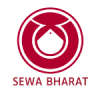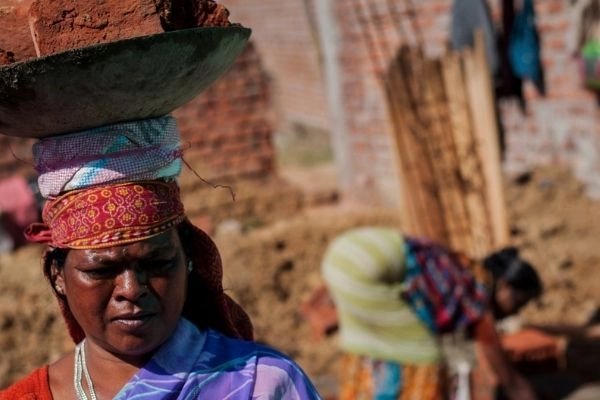The informal sector, despite being a huge contributor to India’s GDP, is often neglected when it comes to supportive policies especially in times of crises. Currently, with the spread of the COVID-19 virus, there is significant rallying by governments, policymakers and health professionals for ‘social distancing’ and maintenance of proper hygiene. This implies minimising contact with the outside world and taking precautionary personal hygiene measures such as frequent use of hand sanitisers, wearing masks when ill and other such. While these advisories may seem simple enough to carry out for a large proportion of the formal sector workforce, they are exclusionary towards informal sector workers as it is impossible for them to observe these measures due to the nature of their livelihood and their socio-economic standing. SEWA is a central trade union that works with women in the informal sector. We draw here from SEWA members and workers from 20 different trades across 11 states who were interviewed about their awareness of COVID, how it was already impacting their income and their families, their access to clean water, and medical services.

